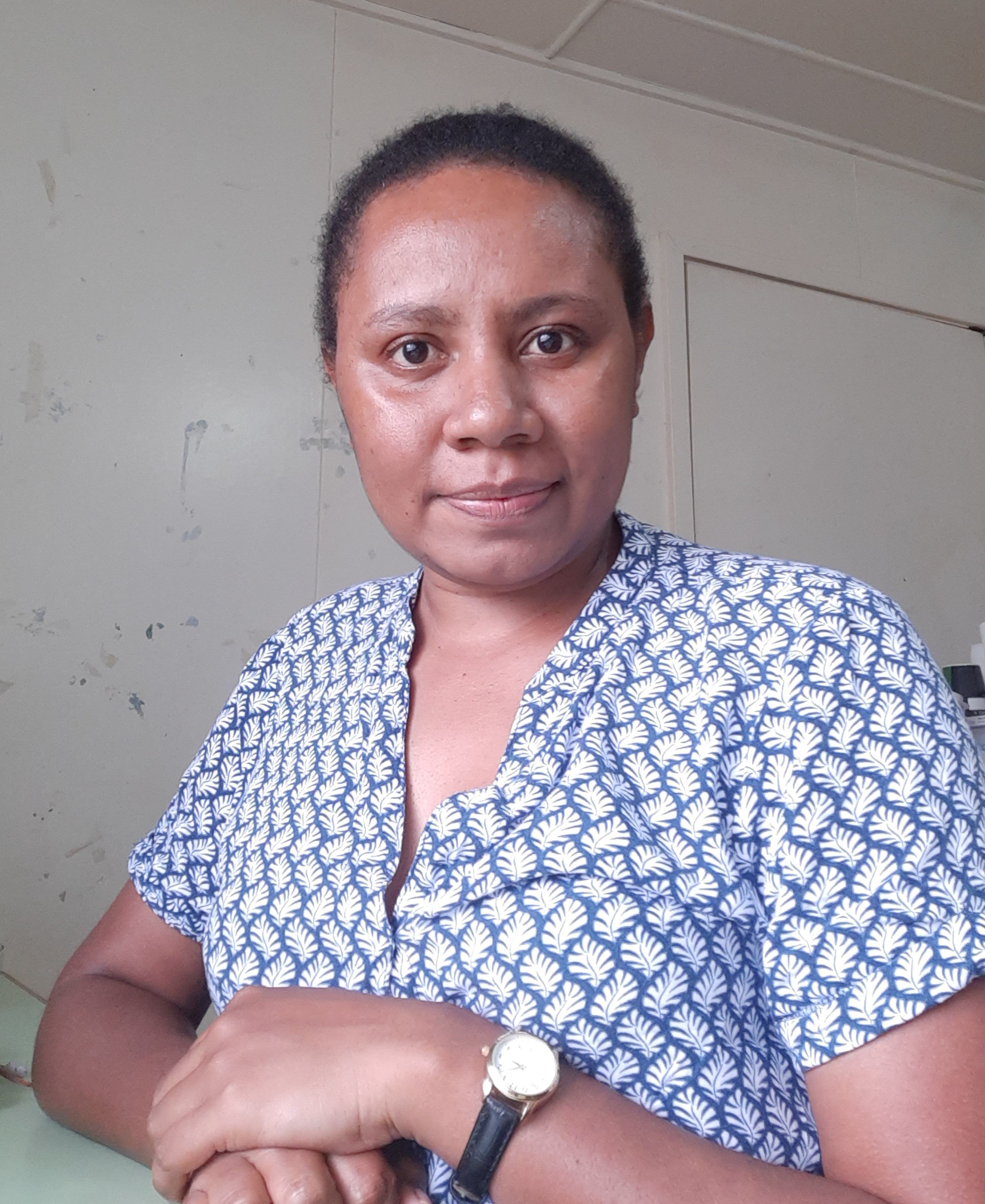Search
Research
A PCR-high-resolution melt assay for rapid differentiation of nontypeable Haemophilus influenzae and Haemophilus haemolyticusWe have developed a PCR-high-resolution melt (PCR-HRM) assay to discriminate nontypeable Haemophilus influenzae (NTHi) colonies from Haemophilus haemolyticus
Research
Consensus guidelines for the treatment of invasive mould infections in haematological malignancy and haemopoietic stem cell transplantationEvidence-based recommendations for the antifungal management of common, rare and emerging mould infections in both adult and paediatric populations
Research
Efficacy, safety, and immunogenicity of the human papillomavirus 16/18 AS04-adjuvanted vaccine in women older than 25 yearsWe report data from the interim analysis of the ongoing VIVIANE study, the aim of which is to assess the efficacy, safety, and immunogenicity of the HPV...
Research
Human rhinovirus species C infection in young children with acute wheeze is associated with increased acute respiratory hospital admissionsTo determine whether acute wheezing exacerbations due to HRV-C are associated with increased hospital attendances due to acute respiratory illnesses (ARIs).
Research
Updated model of group A Streptococcus M proteins based on a comprehensive worldwide studyGroup A Streptococcus (GAS) M protein is an important virulence factor and potential vaccine antigen, and constitutes the basis for strain typing (emm-typing).
Research
Group A streptococcal vaccines: Paving a path for accelerated developmentVaccine prevention of GAS infections and their immunological complications has been a goal of researchers for decades.
Research
Hospitalisation with infection, asthma and allergy in Kawasaki disease patients and their families: genealogical analysis using linked population dataKawasaki disease results from an abnormal immunological response to one or more infectious triggers.
Research
Detection of the rapid emergency of the H274 mutation associated with oseltamivir-resistanceIn 2009 a new swine-origin influenza virus A/H1N1 (A/H1N1 09) emerged, causing the century's first pandemic.

News & Events
Latest Deborah Lehmann Research Award RecipientCongratulations to Dr Paula Tesine who is the successful recipient of the Deborah Lehmann Research Award. As the third recipient of the Deborah Lehmann Research Award, Dr Tesine received $30,000 towards her research.

News & Events
Warm Welcome for the Neonatal Infection and Immunity TeamClinical Professor Tobias Strunk, Dr Andrew Currie and their Neonatal Infection and Immunity Team have become the newest members of the Wesfarmers Centre of Vaccines and Infectious Diseases.
